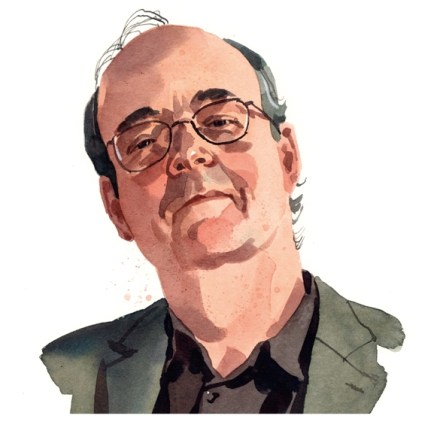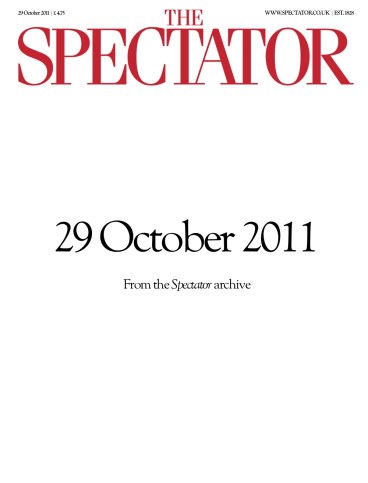Jacobean journey
It sounds like mission impossible. To celebrate this year’s 400th anniversary of the King James Bible, the RSC set itself the task of mounting a play about the controversies surrounding the translation. A drama, therefore, entirely lacking in drama. No action or spectacle, no romance or comedy, no surprise twists or last-minute poisonings. Just people





